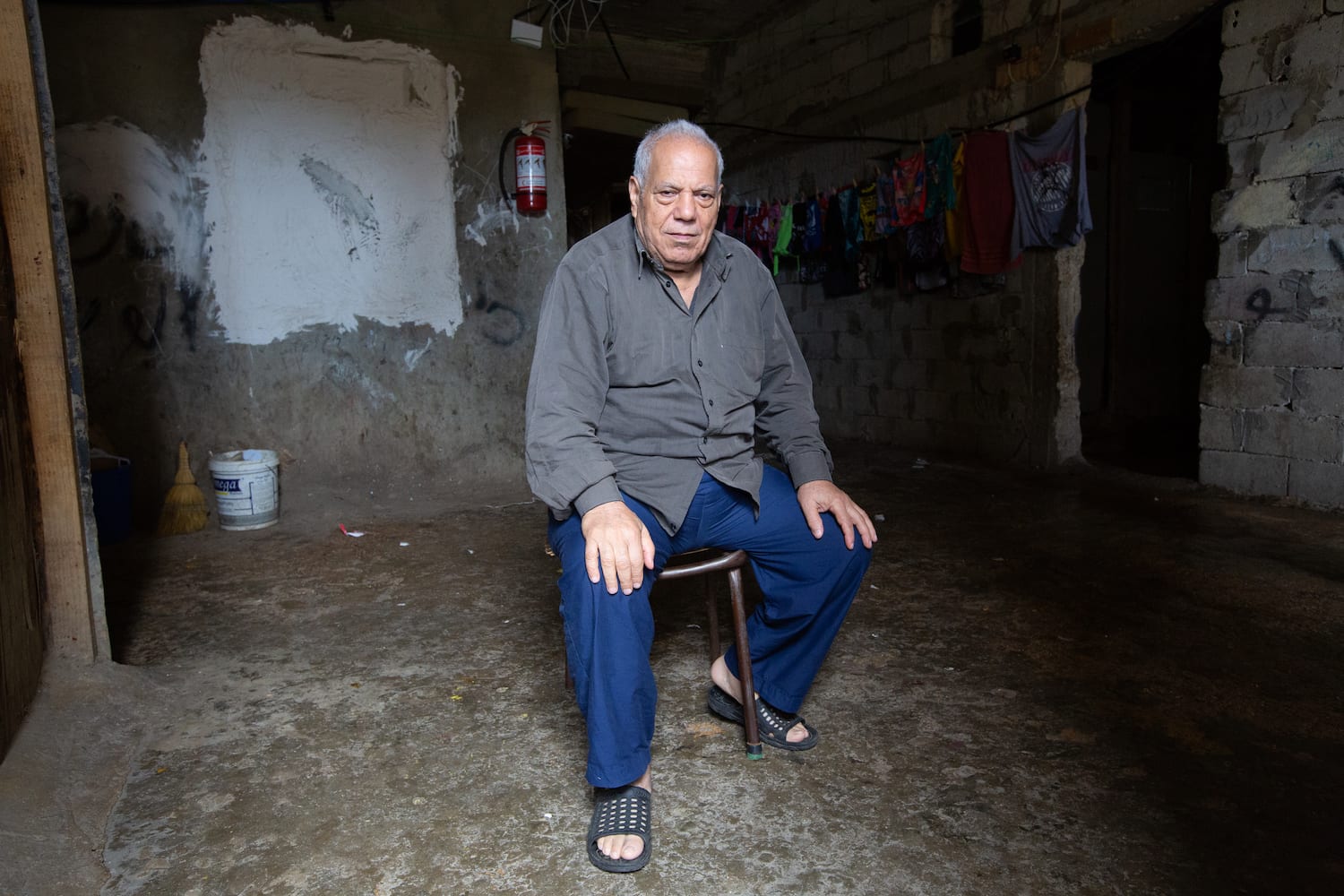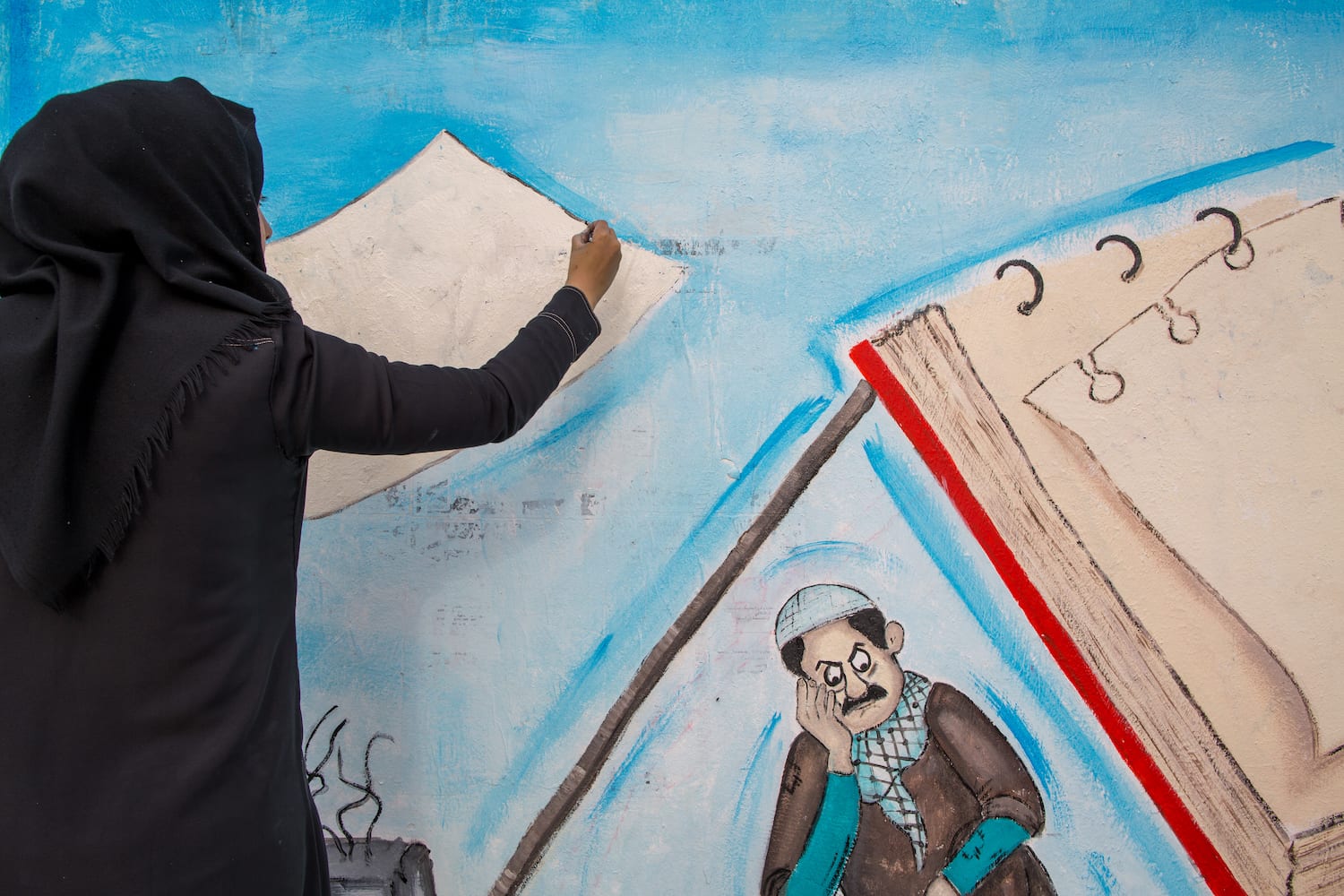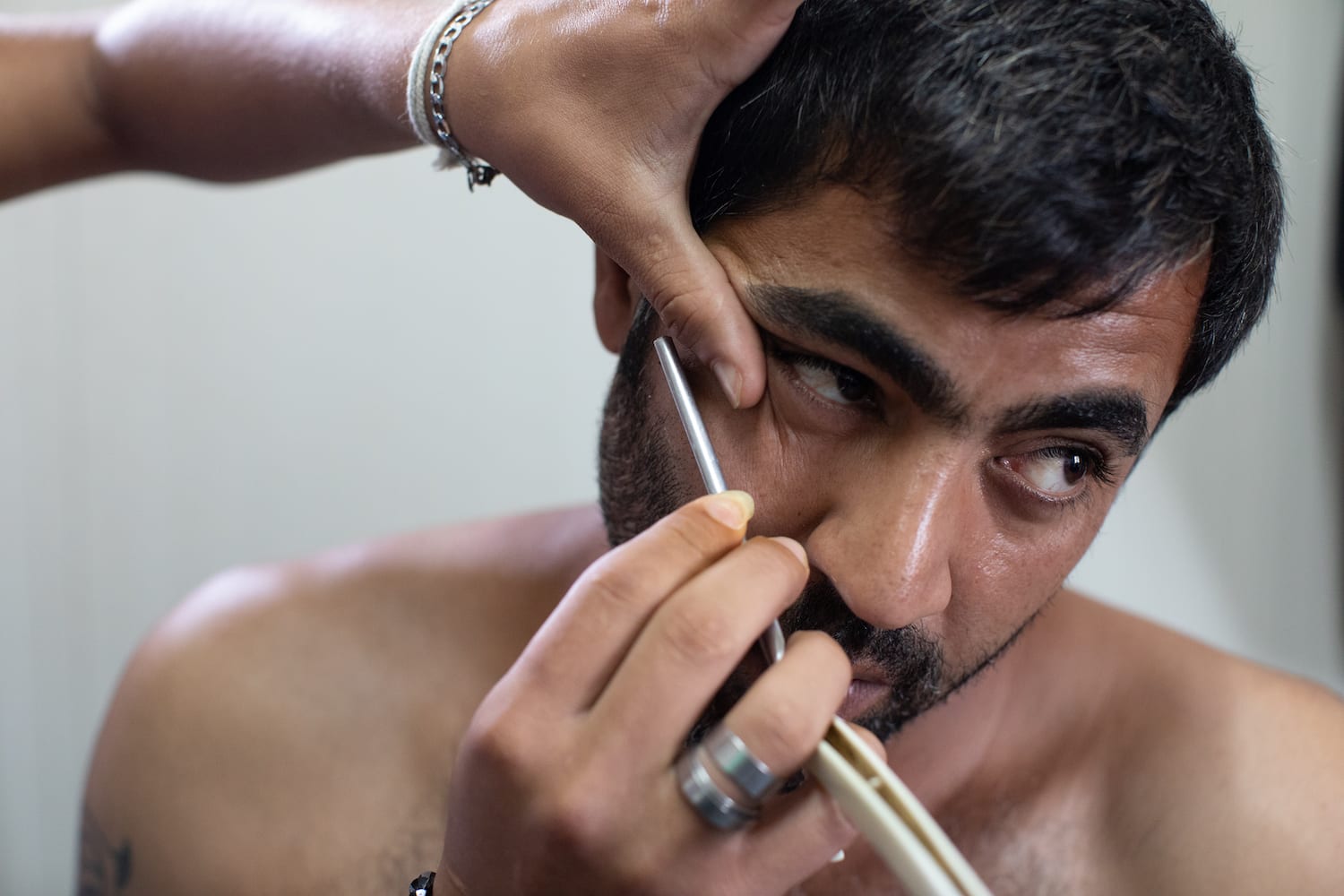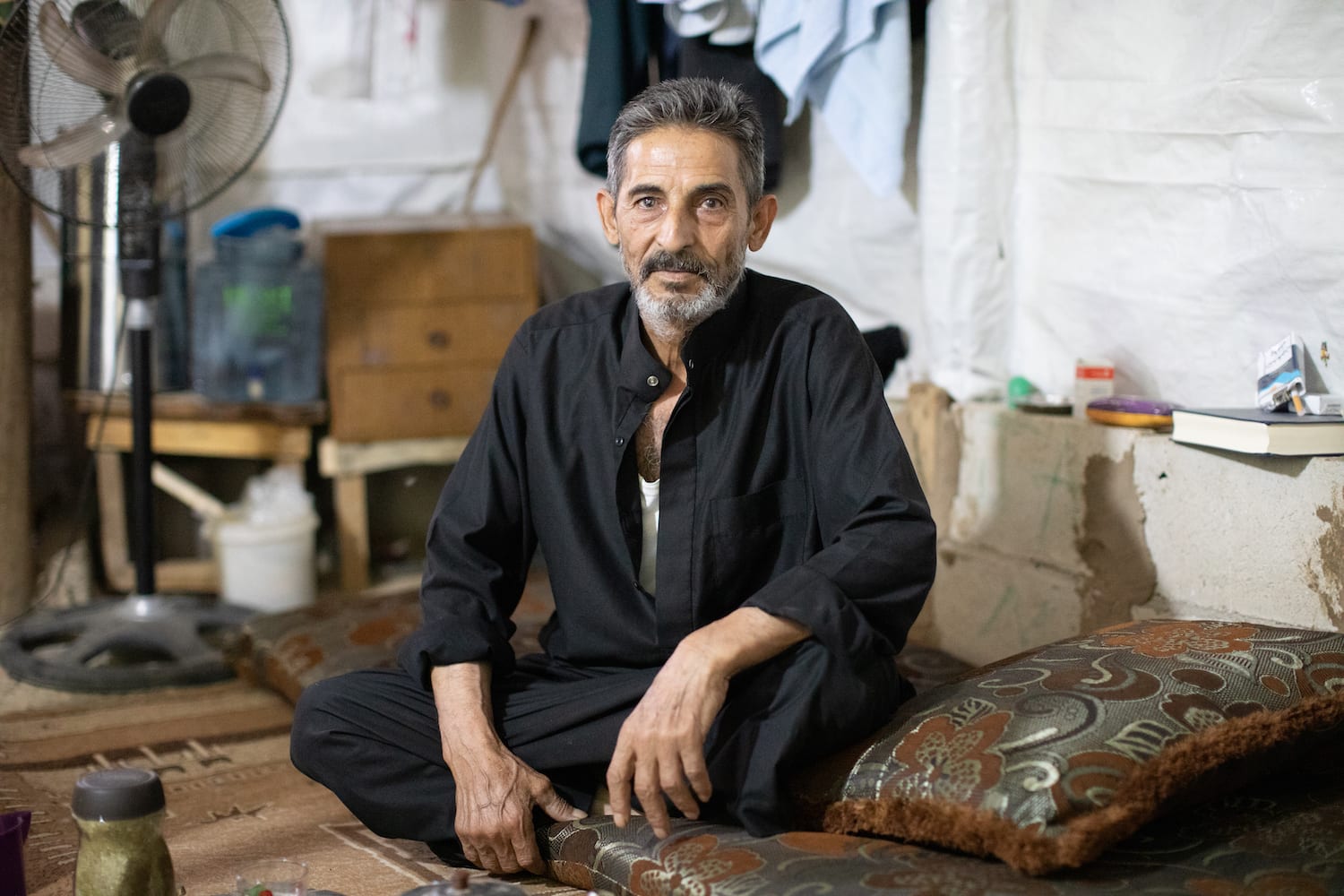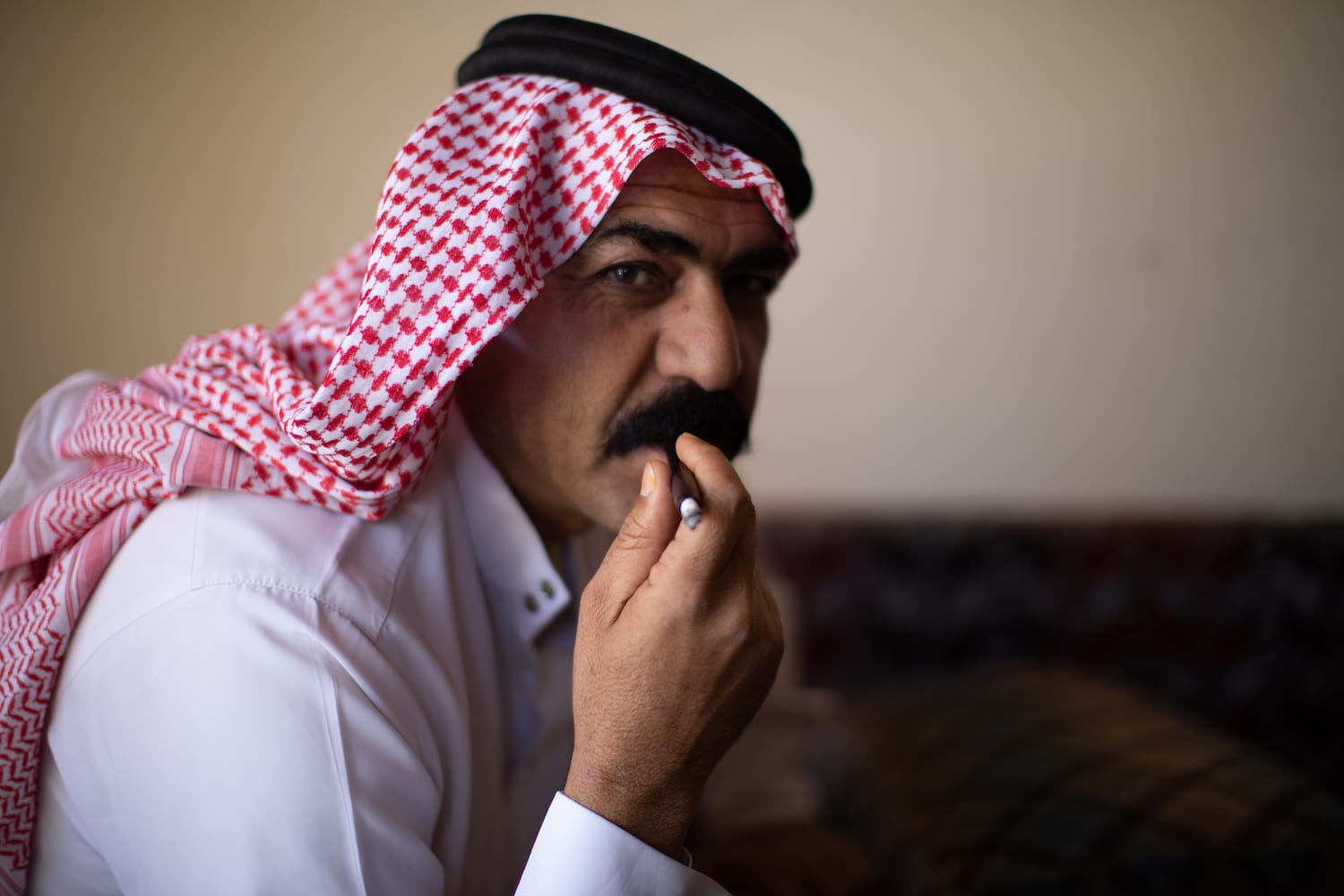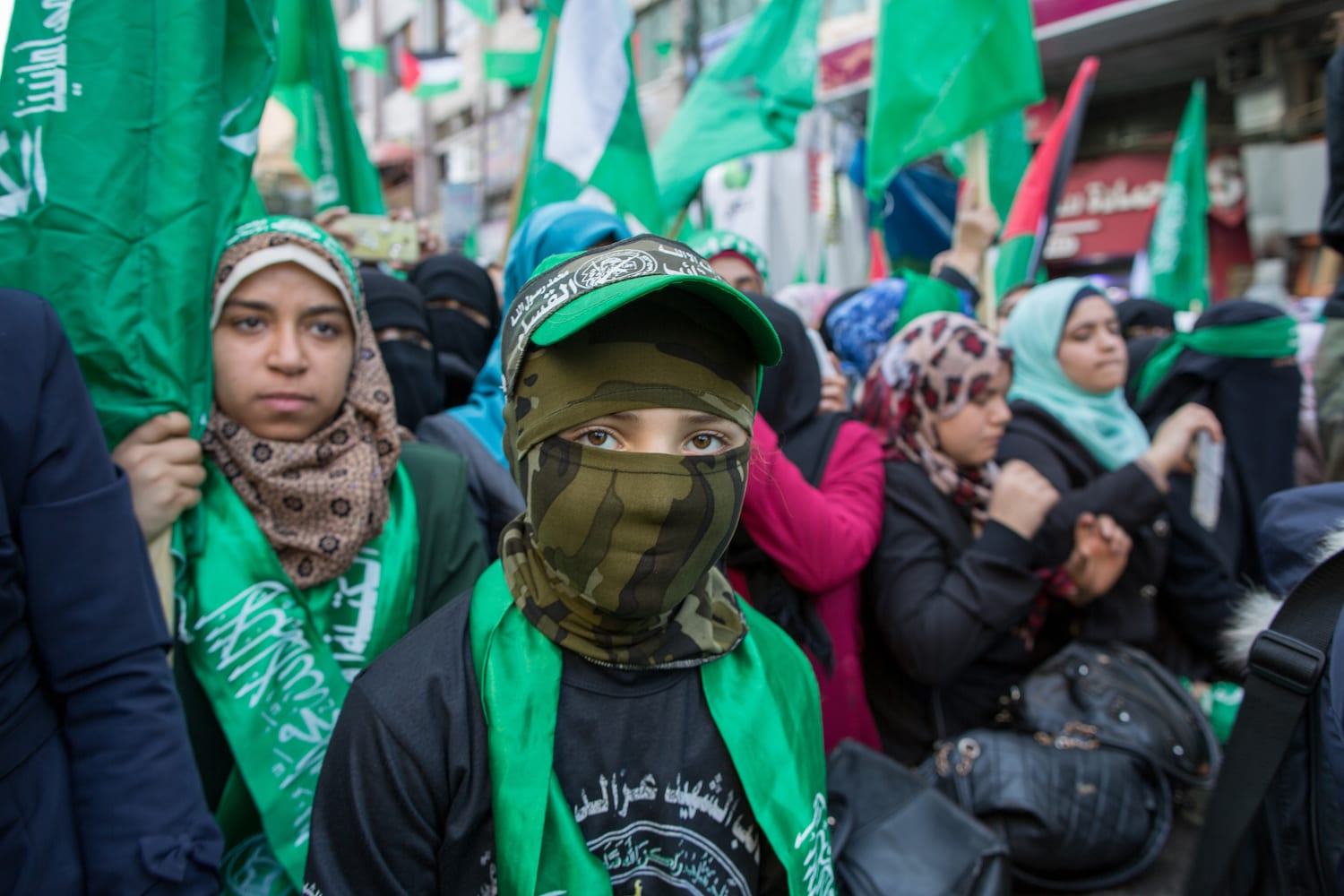Posing as a Kurdish man complete with a Syrian passport, in 2016, Jonkler travelled through the deserts of Syria to camps of Calais, documenting the plight of refugees. Here, Jonkler reflects on his work, and the war that spawned the crisis he documented
At the tail end of 2016 British photojournalist Ed Jonkler travelled through Syria to Turkey, crossing the Aegean sea from Izmir in a rubber dingy to Lesvos, Greece. Fed up with one-dimensional media narratives about the refugee crisis, Jonkler wanted to know what being a refugee was actually like, so he travelled the route himself, visiting camps and asylum centres along the way.
“Reading about the refugee crisis in the paper, you don’t have to be a genius to realise one paper’s saying one thing, and another is saying another thing. I found the discourse of that really irritating,” he explains. “I just wanted to better understand the world around me.”
Posing as a Kurdish man complete with a Syrian passport, the journey was certainly eventful; Jonkler had run-ins with Turkish authorities and received death threats from smugglers. At one point he was suspected of being an ISIS agent. Halfway between Turkey and Greece the boat’s engine died. Luckily he and his 63 fellow travellers made it to shore. “I nearly got kidnapped. People were taking me out of the café the smugglers used as a base with knives in their hands. All of this horrible shit happened on the way, and that is just a taste of what people have to endure when they are trying to reach Europe.”
Speaking over a video call from his office in London, Jonkler is reflecting on the 10 year anniversary of the Syrian civil war. The conflict, which began in March 2011, sparked a refugee crisis that led 550,000 Syrians to seek asylum in Europe during 2015 and 2016. In total, around 6.6 million have been displaced since the war began.
Jonkler’s thoughts on the conflict and its aftermath are mixed. While the level of fighting in the region has declined and some Syrians have returned home, public interest in the refugee crisis has wavered. A combination of “news desk fatigue” and a relentless focus on Covid-19 has shifted the topic from public consciousness, despite the fact that refugee camps remain full and are fertile breeding grounds for the virus.
“People have hardened up even more. They’re less interested in the topic,” Jonkler says with a sigh. “Actually, as a cause it’s more important now [than it was in 2015] because it’s less ‘trendy’ so there’s more of a risk that money won’t be donated, or reach the right organisations who still need it.”
Looking back almost five years on, Jonkler refutes the notion that he had a clear purpose or brief when he first started. “At the beginning I didn’t completely understand my motives, but I knew that I wanted to learn about the crisis, understand who the people were, and to help in some way”.
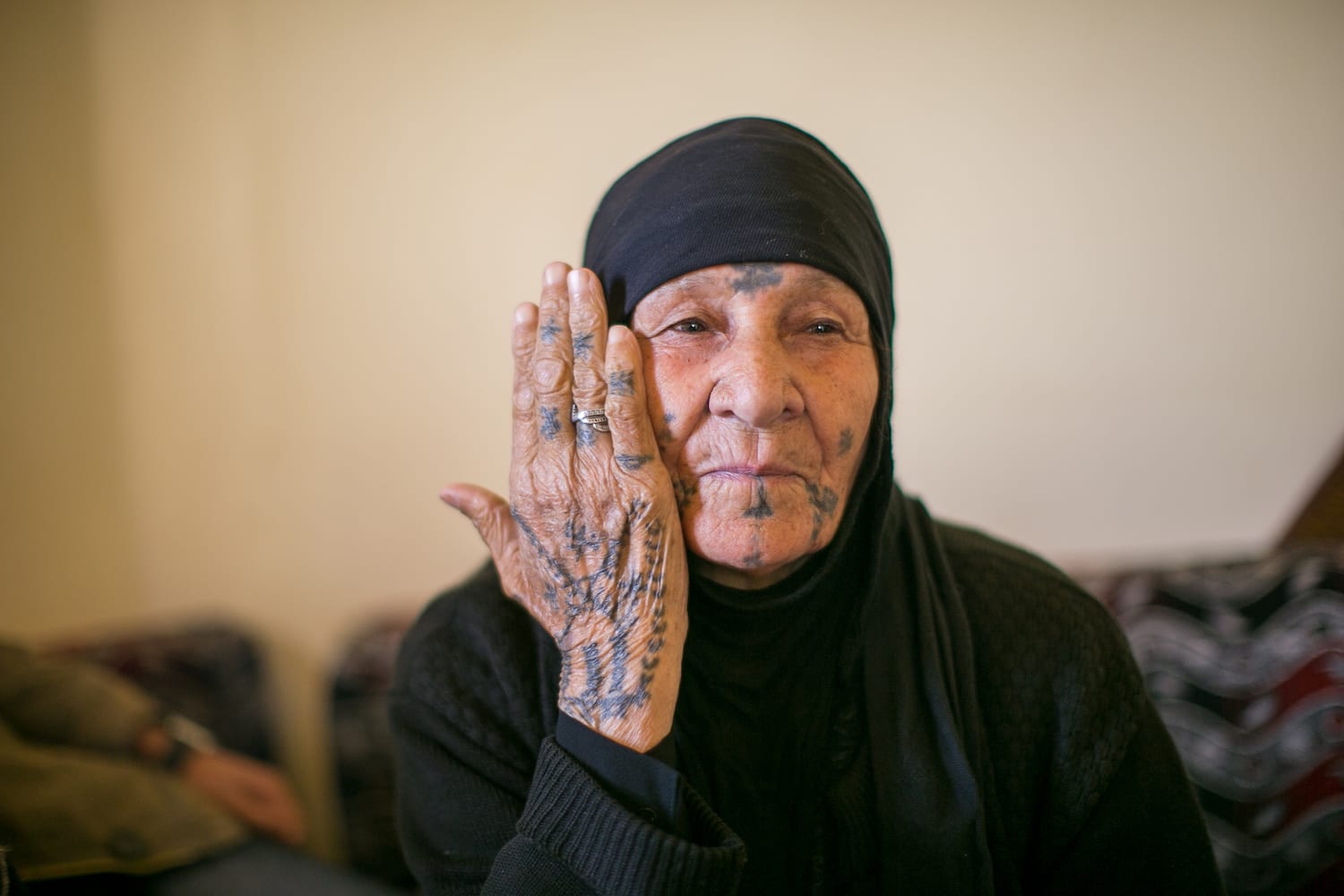
“I thought that if audiences looked at the people first then maybe they would want to understand them more. It was about trying to spin a starter motor in people’s minds and challenging mainstream narratives”
Over time, however, his desire to convey the complexity of the situation to a western audience grew immeasurably. One theme Jonkler became preoccupied with was the role of men in refugee camps. Unlike women who continued to fulfil maternal roles, Syrian males often feel confused and inadequate when they can no longer work to support their families. Their role as a chief breadwinner in Syria’s largely patriarchal society is replaced with a “state of impermanence” and feelings of disillusionment, which often make them more at risk of spiralling into substance abuse, depression and violence.
The Lost Men of Syria, exhibited at the Saatchi Gallery in 2017 and featured in the Guardian, Vanity Fair and Esquire magazine, documents this unravelling process. From a journalistic standpoint, the exposure was a dream come true, but he felt uneasy knowing that many of his subjects were still trapped behind iron fences. “As a photojournalist it’s hard to separate being altruistic with your own promotion and success,” Jonkler explains. “I also felt very ill at ease with people just Instagramming my work and walking out.”
Now helping as a trustee for UK NGO Indigo Volunteers, a charity that connects volunteers with humanitarian organisations to support refugees, Jonkler implores westerners to approach the ongoing crisis apoliticalically. To view the refugee crisis from a political angle oversimplifies an endlessly complex situation and often strips refugees of agency and humanity, turning them into vessels for political debate. Jonkler saw photography as an antidote to this problem.
“I thought that if audiences looked at the people first then maybe they would want to understand them more,” he says. “It was about trying to spin a starter motor in people’s minds and challenging mainstream narratives. We owe it to ourselves out of self-respect to try and understand these things from a neutral perspective and with empathy.”
The key to understanding the refugee dilemma, Jonkler says, is a concept called ‘false hope’: the belief, common among migrants, that things will always get better once another border is crossed or a place of refuge is reached. By the time many refugees reach the Greek islands the psychological burden of this mindset can come crashing down.
“You have to be gentle with people, but also helpful,” he explains. “A lot of [refugee] expectations can be unrealistic. People don’t want to say that but it’s true. You get people who have been doctors in Syria so they think it’ll be easy to go to Germany and become a doctor, but it doesn’t work like that. If anything, it’s harder.”
Jonkler also dismisses forms of xenophobic political rhetoric that portray migrants as dangerous or unskilled: “I’ve jumped on the back of lorries with spinal surgeons and ex-international cricketers and people who can speak multiple languages. Of course these people would thrive in European countries.”
Overall, the key to understanding the refugee plight, Jonkler says, is practicing empathy; seeing the crisis as a human problem born from a specific set of geopolitical circumstances. “If you took a load of us and put us in these camps, would we be any different?”
Donate to Indigo Volunteers here.
On the reason why he chose Indigo, Jonkler says: “Volunteers have been crucial through the crisis, in camps, informal settlements and squats. After taking a break from photography I thought for a long time about how best to help and make an impact, and the work Indigo does, by placing volunteers with impactful programs where they are really needed, seemed like a brilliant fit. They do fantastic work with great pragmatism”.

